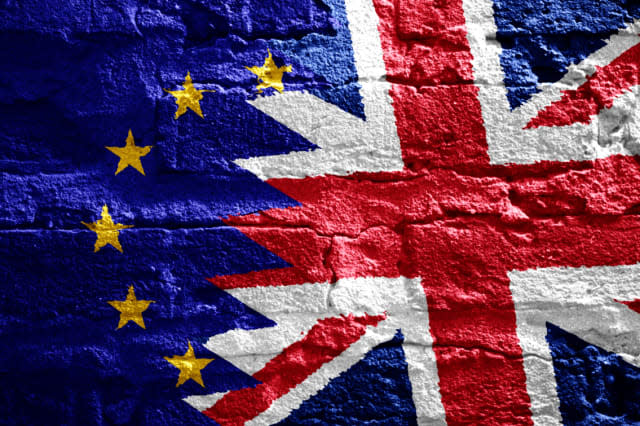Brexit: too close to call?

How likely is a vote for Brexit? Ask pretty much anyone on either side (bar an official Vote Leave rep) and they will tell you that, however much they'd like it to, it won't happen.
The bookies (who are almost always right on this stuff) tell us that there is a 70% plus chance of us staying in the EU (IG Index puts it at 73% today).
At the same time the telephone polls are telling us that Remain will win with no particular bother. The all-guns-blazing approach of the government's Project Fear campaign makes it hard to see how anyone who doesn't understand how pointless economic forecasts are can vote "out".
It's also easy to dismiss the many online polls which show Leave and Remain campaigns running pretty much neck and neck, given that they hardly showed much in the way of accuracy in the run up to the Scottish referendum.
Finally, it is worth remembering, as Jonathan Allum points out in his newsletter The Blah, that in referendums – far more than in general elections – people tend to cleave to the status quo when they get a pencil and a ballot paper in their hands – and that the polls tend to understate that effect – as they clearly did in Quebec and in Scotland. But I still wonder.
I suspect the status quo effect won't be as high in this one as it was in Scotland, for example. The union between Scotland the rest of the UK is 300 years old and involves a complete monetary union alongside a complete fiscal union as well as a mishmash of family connections that makes most people neither completely Scottish, English or Welsh.
The union between the EU and the UK is completely different. We still have all our own institutions – after 30 odd years of a sort-of union there are few fiscal and no monetary ties to break.
People also increasingly understand, I think, that there is no status quo here. The EU won't stay as it is – it will either collapse under the weight of its cruel monetary union or it will carry on to the final destination outlined in its original design (full federalisation). When they vote there will be no box for "let's just leave things as they are". That isn't part of any deal.
And the polls pose an interesting puzzle too: telephone polls aren't as useful as they used to be (no one picks the landline up any more) and online polls were criticised after the Scottish referendum as being too biased to the opinions of the young. Yet the young are supposed to be more pro EU than the old, so it doesn't make sense surely for online polls to overstate the Leave vote (all comments from polling experts welcome on this one).
Also of interest is that international investors have Brexit very firmly on their worry list: the latest Global Fund Manager Survey from Bank of America Merril Lynch tells us that 27% of managers are feeling a little stressed about it (China's coming debt disaster is next on the list at 21%). As a result, they've got their lowest weighting to UK stocks since 2008. Sterling, says Allum, has its second most undervalued rating in the survey's history.
Perhaps this time the result really is, just as the polls suggest, too close to call.




